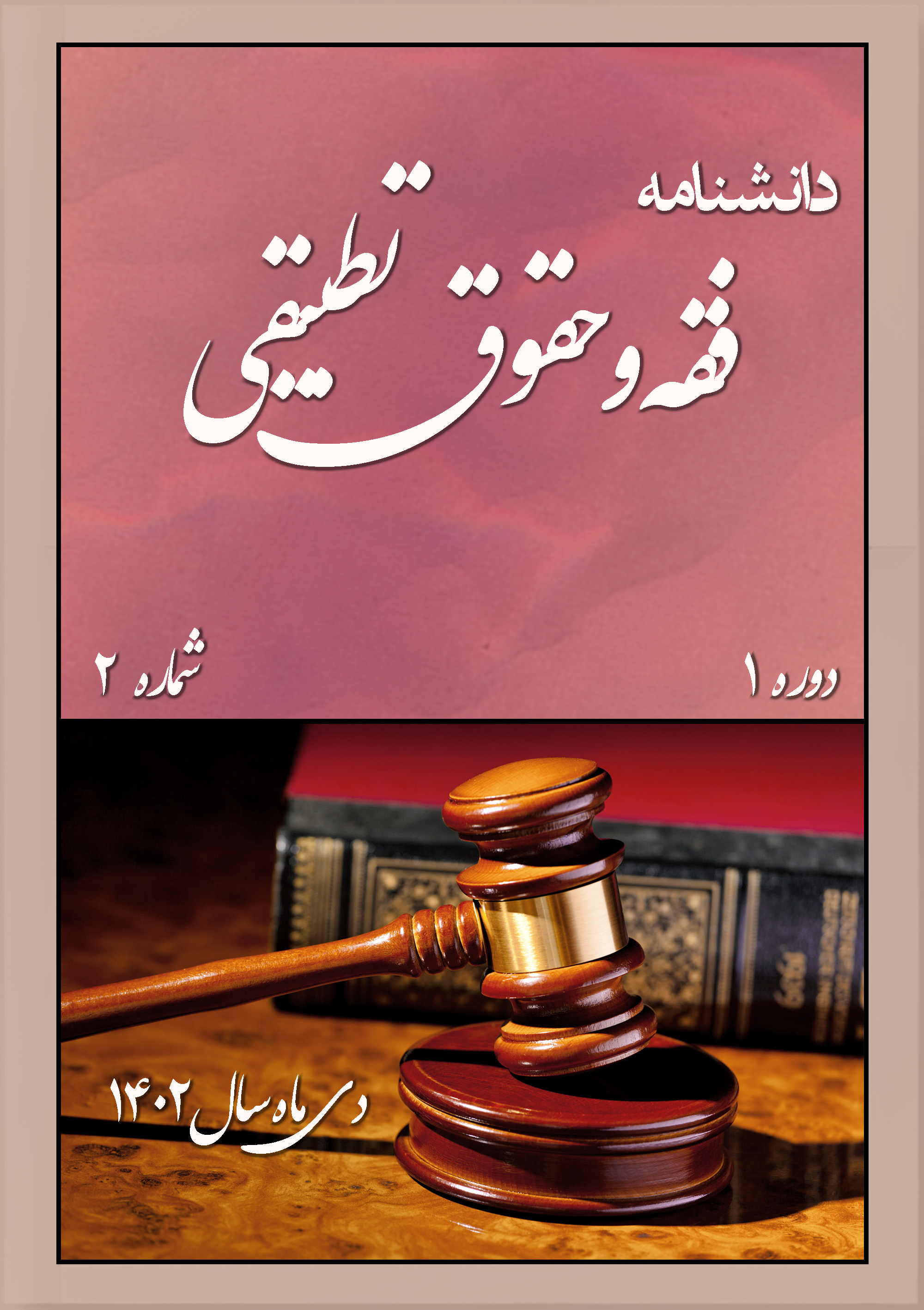Comparative Analysis of Property Rights in Islamic and Non-Islamic Countries Using the Theories of John Locke and Allameh Tabataba'i
Keywords:
Property Rights, John Locke Theory, Allameh Tabataba'i, Islamic Countries, Non-Islamic Countries, Comparative Analysis, Social JusticeAbstract
This article examines and provides a comparative analysis of property rights in Islamic and non-Islamic countries using the theories of John Locke and Allameh Tabataba'i. Initially, the philosophical and legal foundations of property rights in Islam, based on the Quran, Sunnah, and jurisprudential opinions, are elucidated. Allameh Tabataba'i introduces property rights as a divine and social right that should be accompanied by principles of justice and social responsibility. Subsequently, the historical development of property rights in the West is reviewed, analyzing John Locke’s theories, which emphasize natural rights and secular principles. Locke asserts that property arises from an individual's labor and should be protected by governments and laws. The comparative analysis reveals that Tabataba'i’s views are rooted in religious and divine rights, whereas Locke’s views are based on secular and natural rights. The challenges of property rights in both legal systems are discussed, and solutions for improvement are offered. Finally, the importance and impact of this study on the development of property rights and the enhancement of social justice are emphasized. This article can assist legislators and policymakers in formulating laws that equitably and effectively implement property rights by better elucidating religious and legal foundations.










